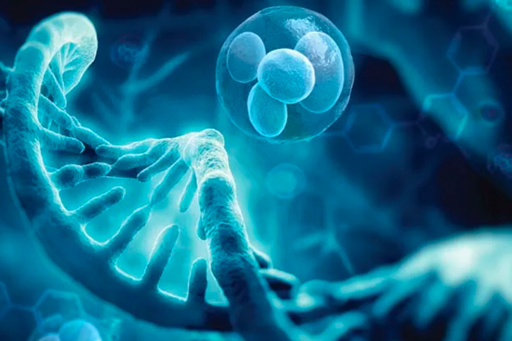Imagine if the body could heal itself as it did when it was much younger. While the thought may seem like a dream, in recent years, advances in regenerative medicine have brought this concept to reality.
Regenerative medicine may offer real hope, providing innovative ways to help the body tackle complex challenges naturally. Stem cells, often referred to as the body’s building blocks, have shown success in their ability to support healing by enhancing communication between cells and encouraging rejuvenation behavior in older, more inflamed cells.
Cell-Based Treatments
At the forefront of regenerative medicine is the exploration of how cell-based treatments may benefit individuals facing a variety of serious health concerns. These approaches are rooted in the power of stem cells to support the body’s natural repair systems in a more youthful, restorative manner
Stem cells and their signaling factors, such as stem-cell derived exosomes, are unique biological materials capable of developing into various specialized cell types as well as signaling a more healthy behavior in neighboring cells. They play a vital role in helping to repair damaged tissues and in maintaining overall cellular health! And of course, healthier cells means a healthier you: more able to heal, recover, function, and beyond.
In regenerative medicine, ethically sourced stem cells and related biologics, utilized by medical stem cell experts, focus on enhancing the body’s natural ability to manage issues related to immune deficiencies, inherited disorders, inflammatory problems, injuries, and even blood-related concerns .
6 Diseases Potentially Treated by Stem Cells
While traditional methods may only manage symptoms, cell-based and other regenerative alternatives focus on supporting the body holistically, activating natural healing. Here are a few areas where stem cell based options have drawn attention:
1. Blood Disorders
Issues like Sickle Cell Disease and Beta Thalassemia Major may benefit from approaches aimed at enhancing cellular communication and repair.
2. Inherited Immune Challenges
Wiskott-Aldrich Syndrome and DiGeorge Syndrome are examples of concerns where regenerative medicine could help the body maintain biochemical balance.
3. Metabolic Issues
Disorders such as Gaucher Disease and Niemann-Pick Disease may find support through cell-based strategies designed to rejuvenate tissues and reduce cellular stress.
4. Lymphoma and Leukemia
Studies have shown promise in how these approaches may help the body manage the effects of certain cancers of the blood and immune systems.
5. Phagocyte Disorders
Inflammatory problems like Chronic Granulomatous Disease highlight the potential for regenerative solutions to help aid the body’s defense mechanisms.
6. Degenerative Brain Concerns
Research shows promise in cell-based approaches potentially supporting the body’s natural processes to counteract challenges associated with problems like Alzheimer’s and Parkinson’s.
Meet Dr. Jeff Gross, Stem Cell Specialist
At ReCELLebrate, Dr. Jeff Gross, a respected stem cell expert, leads the way in exploring innovative cell-based approaches. With years of experience in regenerative medicine, he focuses on utilizing ethically sourced, FDA-screened perinatal stem cells and related biologics to help patients unlock their body’s natural healing potential.
If you are curious about how regenerative medicine may support your health journey, we encourage you to explore your options.
Connect with Dr. Jeff Gross today to learn more about emerging cell-based treatments and advancements in regenerative medicine..

